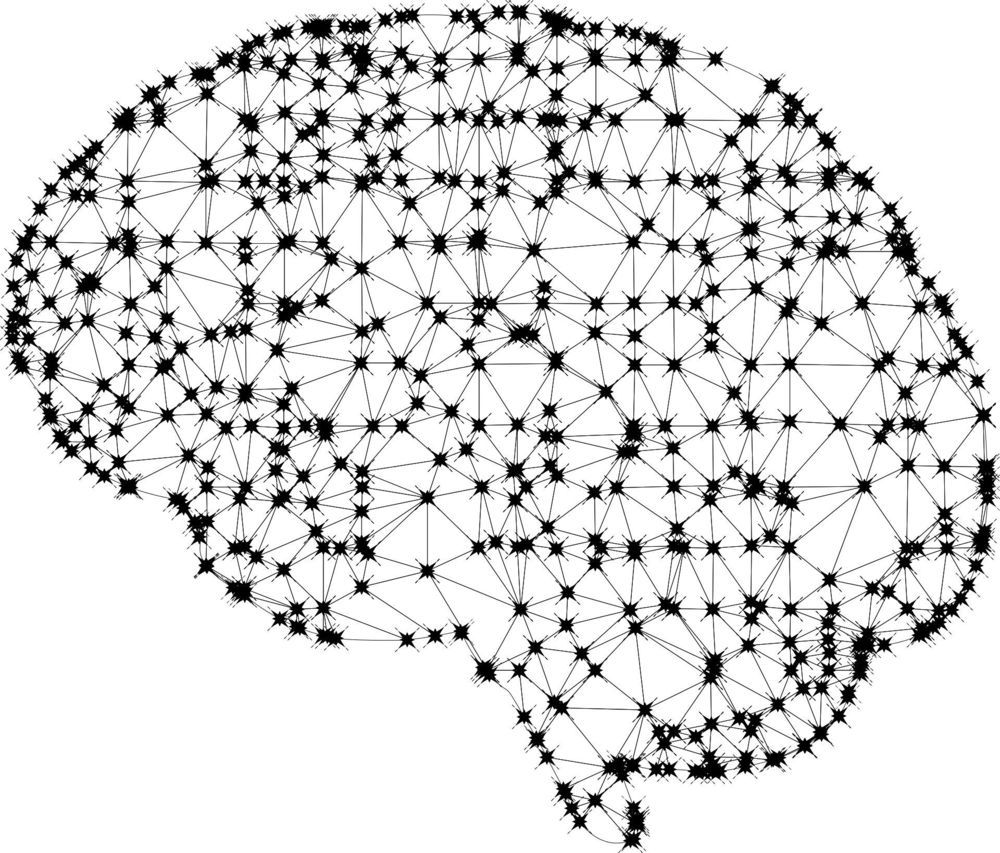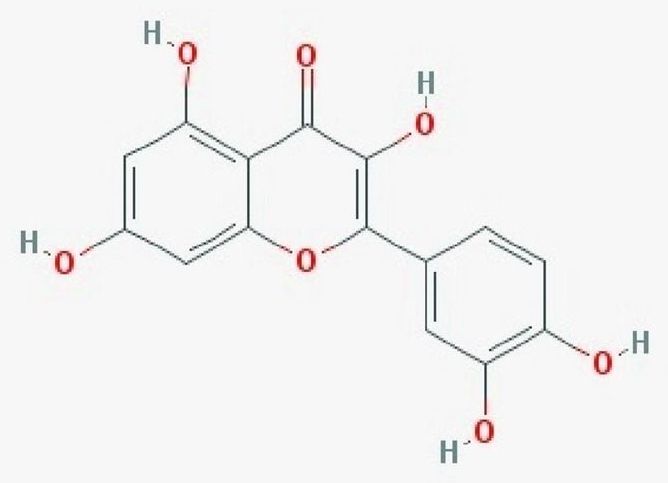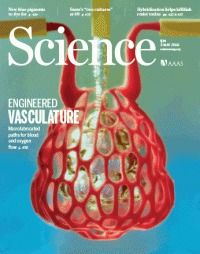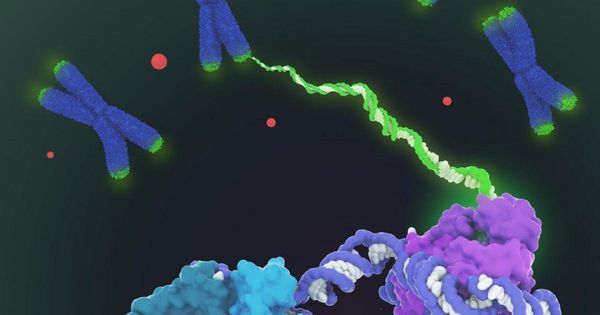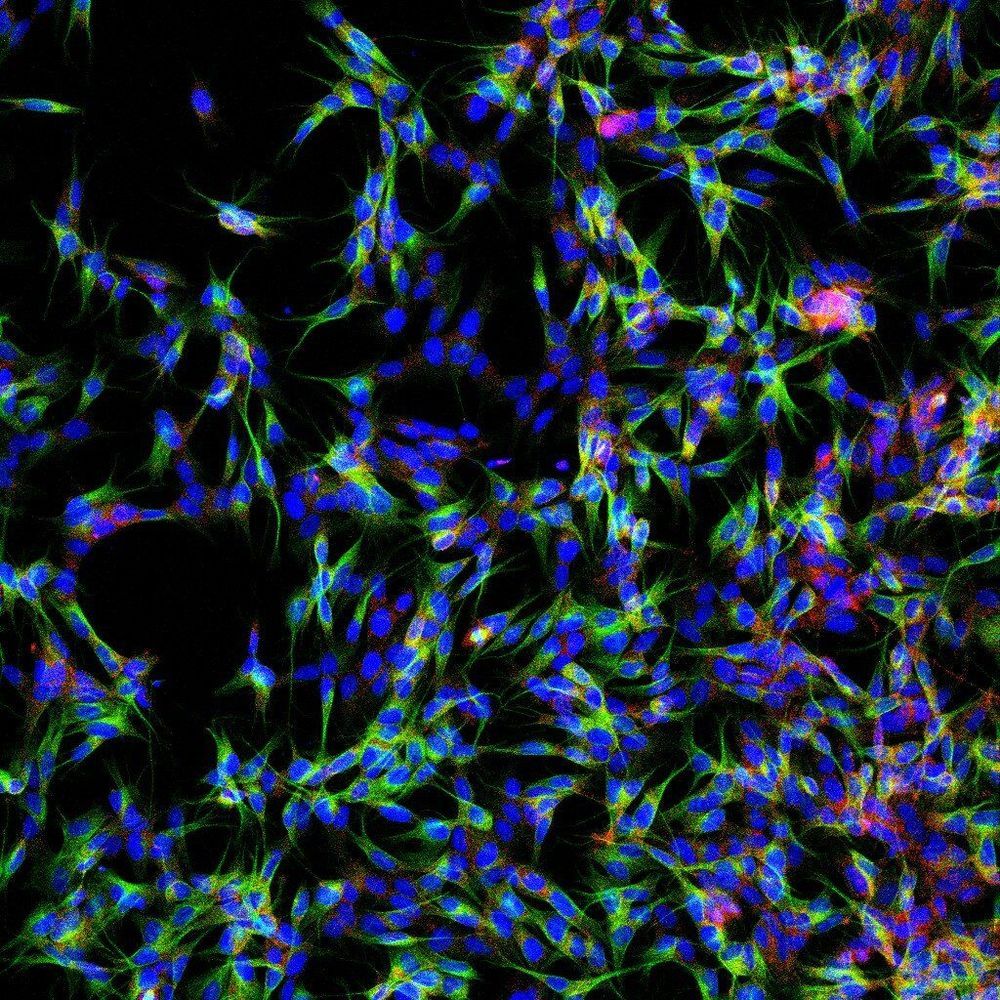May 8, 2019
Researchers make transformational AI seem ‘unremarkable’
Posted by Quinn Sena in categories: biotech/medical, robotics/AI
Physicians making life-and-death decisions about organ transplants, cancer treatments or heart surgeries typically don’t give much thought to how artificial intelligence might help them. And that’s how researchers at Carnegie Mellon University say clinical AI tools should be designed—so doctors don’t need to think about them.
A surgeon might never feel the need to ask an AI for advice, much less allow it to make a clinical decision for them, said John Zimmerman, the Tang Family Professor of Artificial Intelligence and Human-Computer Interaction in CMU’s Human-Computer Interaction Institute (HCII). But an AI might guide decisions if it were embedded in the decision-making routines already used by the clinical team, providing AI-generated predictions and evaluations as part of the overall mix of information.
Zimmerman and his colleagues call this approach “Unremarkable AI.”
Continue reading “Researchers make transformational AI seem ‘unremarkable’” »
